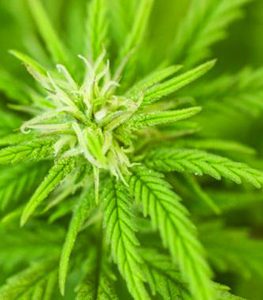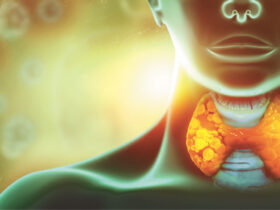By Dr. Steven Reichbach
 They say that the eyes are the lamp of the body and the window to our souls. But the eyes are also incredibly complex organs made
They say that the eyes are the lamp of the body and the window to our souls. But the eyes are also incredibly complex organs made
up of many working parts. In our eyes, the retina detects light and converts it to various signals that are then sent to the brain through the optic nerve.
There is an epidemic in our society called Glaucoma. Many people are familiar with the name, but not so savvy on the actual diagnosis, causes, and prevention. Glaucoma is called the “sneak thief of sight” because the disease ravages vision with minimal symptoms.
More than 3 million Americans are affected by glaucoma, but unfortunately, over half of that number is unaware that they have it. The bottom line is, glaucoma leads to blindness.
The optic nerve transmits images to the brain. When this nerve becomes damaged or diseased, it loses the ability to create images, and therefore, communication to the brain is lost. There are several types of glaucoma, but a buildup of pressure in the eye is the most common cause. This pressure is known as IOP, or intraocular pressure. Disease or damage triggers this pressure in the eye and injures the optic nerve. Once IOP compromises vision, it creates irreversible blindness. Glaucoma is the second leading cause of blindness and usually affects the elderly. It’s critical to see your eye doctor for routine checkups and regular eye examinations.
Similar pathologically to what causes Alzheimer’s and Parkinson’s diseases, recent studies are showing evidence that neurodegenerative disorders cause intraocular pressure. There are treatment options to prevent further vision loss, but once the damage is done, there is no cure to bring your vision back. Traditional treatment is medications, eye drops, and surgery, but there is an alternative method that many people are turning to because of its unique properties and results—medical marijuana.
There are two different forms of medical treatment through cannabis. The first is the natural marijuana plant that contains both CBD and TCH, and the second is the altered version of the plant that has been through a hybrid process to lighten the TCH
(tetrahydrocannabinol) level. CBD or cannabinoids can treat many different forms of diseases and disorders with no TCH. TCH is the mind-altering, euphoric component of marijuana that gives the “high” feeling. With CBD plants, the TCH levels have been extracted through a vigorous process, leaving zero to little TCH levels. CBD is a great alternative for patients that would benefit from cannabinoids alone, while other more complex medical cases require the additional advantages of TCH to be included in the leaves of the marijuana.
Our brain and nerve cells have cannabinoid receptors, so our bodies naturally react to CBD oil (cannabinoids) and TCH through merging directly with our cells. Our natural endocannabinoid system works synergistically with CBD and TCH, creating a multitude of beneficial reactions in the body.
Over 4000 years ago, Asian Emperors used cannabis for its healing properties, noting exceptional improvements in edema (fluid build-up) and also as an anesthetic. In ancient Greece, cannabis was reported in many manuscripts, describing its use for medical conditions such as eye diseases and joint inflammation. Over 300 years ago, in one of Oxfords medical professional journals, it was touted as a means to reduce depression. In the early 1900’s, the United States began growing cannabis for pharmaceutical companies to formulate into medications.
Medical marijuana can be used to treat and alleviate symptoms of the following medical conditions:
• Glaucoma
• Seizures
• Anxiety
• Epilepsy
• Cancer
• Parkinson’s Disease
• Reduces beta-amyloid plaque
• Reduces cognitive impairment
• Multiple Sclerosis
• Crohn’s Disease
• Parkinson’s Disease
• Multiple Sclerosis
• Positive HIV/ AIDS
• Posttraumatic Stress Disorder (PTSD)
• Amyotrophic Lateral Sclerosis (ALS)
• Other Debilitating Medical Conditions of the same kind of class or comparable, as determined by the Florida Board of Medicine
Steven Reichbach, MD, Board-Certified Anesthesiologist, specializes in pain management. For more information, please contact their office today at 941-213-4444, or visit their website at findpainrelief.com.
Steven Reichbach, MD
Board-Certified Anesthesiologist
President and Founder,
Gulf Coast Ketamine Center
Lolita Borges, RN
Clinical Director, Gulf Coast
Ketamine Center







